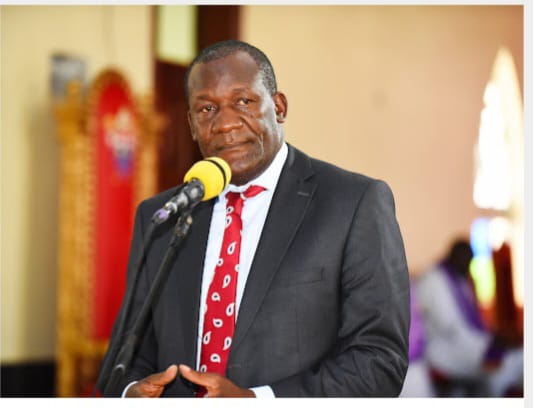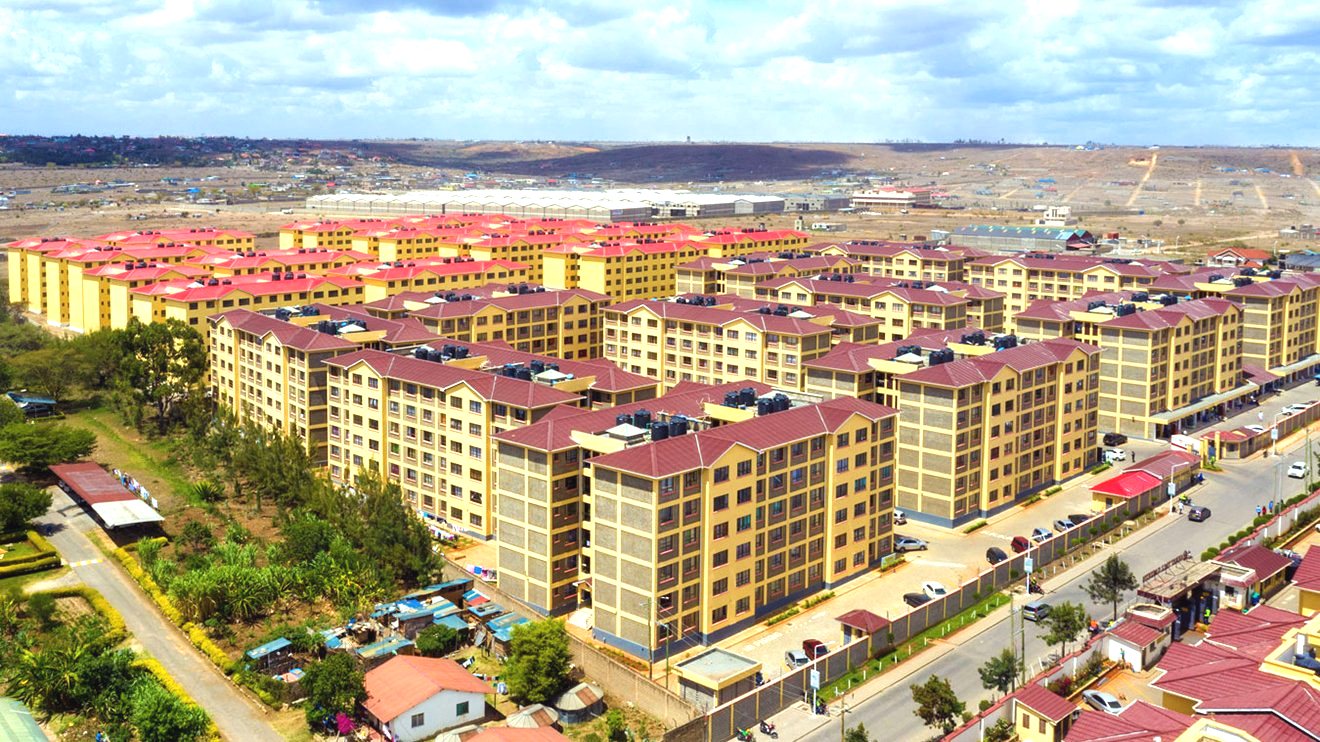The business elite in Kisumu are planning to install over 2,500 CCTV cameras around the city to enhance security, especially around bus stops and all residential estates.
The city management heavily relies on CCTVs installed on private buildings belonging or leased by the business community, the city manager Abala Wanga saying they had received feedback from some travellers that they did not feel safe at bus stops.
He said cameras monitoring all bus stops will help reduce security costs, as well as prevent crime and vandalism.
“We are sure that they will have a positive impact on people, creating a greater sense of security,” said Wanga.
Once activated, CCTV staff will be recruited by the county government to monitor movements in risky spots and in all estates to help contain crime and any suspicious activity.
They will also be connected to the city’s CCTV main control room, which will be readily linked to police in real time to avert criminal offences.
The cameras will be interfaced with street lights to ensure flawless monitoring from one estate and one point to another, with bus stops topping the list.
“(We want) when somebody has committed a crime on a street in the CBD triangle for example, he is monitored to his final destination,” Wanga said.
This, he added, will also apply to motor vehicles, public service vehicles, and Boda boda and Tuk Tuk to ensure the city remains twenty four-hour safe.
He said all boda boda operators are going to be registered, with the two-wheelers being fitted with GPRS monitoring devices to track their movement.
“Anywhere there is a crime or robbery you will always find a Boda boda person there. That is why we want them registered with the GPRS system to monitor them through the CCTV cameras,” Wanga said.
In Kisumu, 53 per cent of daily trips are on foot, 4 per cent by bicycle, 13 per cent by Matatu, 3 per cent by Tuk Tuk, 13 per cent by Boda boda, 6 per cent by motorcycle, and 6 per cent by cars.
The Kisumu City initiative financed under urban resilience mass transport initiative through the World Bank-funded Kisumu Urban Project (KUP) is in response to a spike in the number of criminal activities associated with the Matatu industry.
The authority said it took the initiative following its ten-year plan developed in partnership with the Institute for Transport and Development Policy (ITDP) and United Nations Human Settlements Program (UN-Habitat) survey, which resulted in the feedback to contain runaway crime.
By Fredrick Odiero


